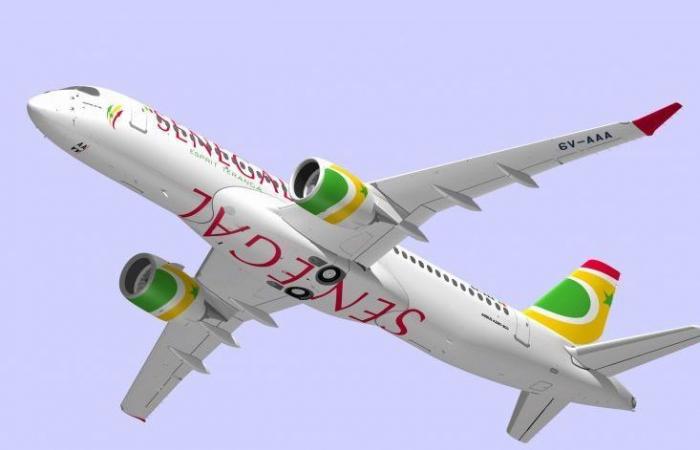(SenePlus) – In a West African airline sector dominated by major foreign companies, regional carriers like Air Senegal develop innovative strategies to win on the market. Faced with limited means to serve a large network alone, code sharing (Share Code) stands out as a solution to extend their presence without multiplying operational costs.
According to Ibra Wane, managing director of Avico and expert in the Dakar airline, this practice offers local carriers the opportunity to be present on certain lines while saving valuable resources. “This is a modality that two or more companies sell tickets for the same flight to their passengers. The particularity is that each company has its own flight number, but in the end, passengers embark on the same plane,” he explains.
Currently engaged in significant restructuring, Air Senegal seeks to optimize its partnerships to extend its network. “In the strategy of the new general management, it is clear that they will identify the companies with which there is an interest in making code sharing agreement,” said Ibra Wane to Jeune Afrique. This strategic approach aims to strengthen the presence of the company on regional lines, particularly in West Africa, where it already has a good command of the market.
Since 2023, Air Senegal has notably concluded an alliance with Air Côte d’Ivoire, allowing the two carriers to pool their resources and expertise. This collaboration aims for greater operational efficiency in the region, offering more flexibility and better service options to passengers.
-Do these code sharing agreements represent an obligatory passage for West African companies? According to Nowel Ngala, Managing Director of NRC Consulting and former Commercial Director of Asky, these carriers could technically operate without such partnerships, but at the cost of reduced competitiveness. “This would restrict their performance, accessibility and their expansion potential. These alliances make it possible to expand networks at no additional cost, which is essential for companies with limited floats,” he said.
However, the expert warns against the risks inherent in these agreements for West African companies, which could lose their local market shares for the benefit of their partners. “It is essential to negotiate equitable agreements, because large multinationals can dominate and take over fairly quickly,” he warned.
These collaborations are not always easy to establish. Abderrahmane Berthé, secretary general of the Association of African Airlines (AFRAA), stresses that large companies impose strict conditions before any code sharing. “Air France will not combine with a company not having this certification [IOSA]. There is no question of profit, but of passenger safety, “he said.
For Air Senegal, as for its West African counterparts, the challenge is now to balance these strategic partnerships while preserving its identity and its position in the regional market. Despite the risks, the Afraa considers that these agreements promote above all the development of trade and tourism in Africa.






